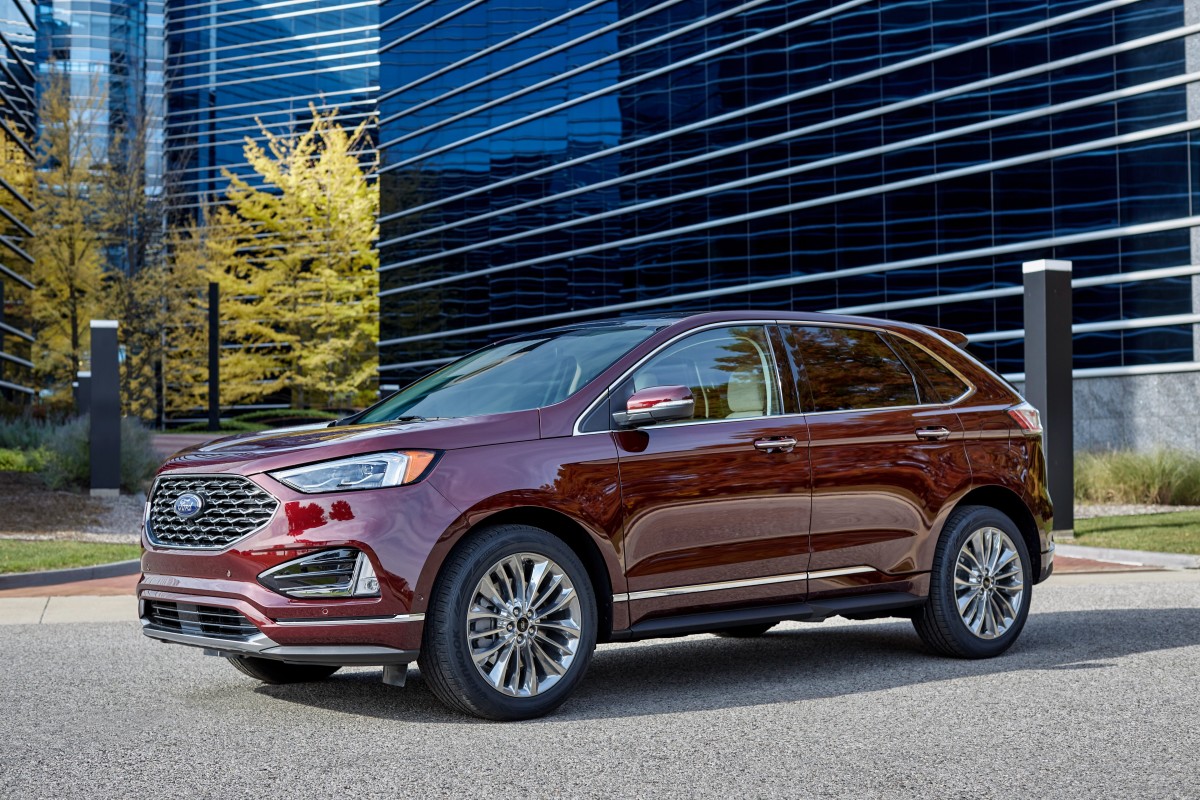If you’re thinking of selling your car yourself, your first step is to determine its value. You might already have a good idea of this, based on when you purchased the car, its condition, and listings for similar cars in your area. However, having a good idea isn't the same as knowing for sure. Fortunately, the internet is awash with tools that make it easier than ever to determine the value of your car.
Should You Sell Your Car Yourself?
- Understanding Private Sales versus Other Options
- How to Get a Value for Your Car
- Price Isn't Everything
- Calculate All Costs
- Find Your Comfort Level

Understanding Private Sales versus Other Options
In order to know if you should sell your car yourself, you have to understand what other options are available. For most people these are:
- Sell Yourself (also known as a private sale)
- Sell or trade in at a dealership
- Sell online
The value of your car will differ depending which option you choose, with a private sale generally netting the most cash but requiring more work. Selling to a dealership can be a very convenient option, and with CarGurus, you can receive offers from multiple dealerships—all from the comfort of your couch.
When selling online, meanwhile, the first step is to request an instant quote for what your vehicle is worth. This sets a benchmark for your car's value, and so is a great first step, even if ultimately you want to sell the car privately in order to get the most money possible.
How to Get a Value for Your Car
Put the make, model, and other determining factors (e.g., mileage) of your current car into CarGurus’ Car Values page, and you’ll instantly see estimates as to what you would have to pay to buy that car as well as how much you should get by selling it or trading it in. Using the site’s Used Cars section, you can also see the prices for comparable cars. This information can give you a general price range to work with when setting your price.
As mentioned above, the next step is to use an online car-buying service to get a quote for your car. Simply enter the same details as you would for a more basic online valuation, and let the algorithms get to work to determine an offer. Alternatively, you might also want to choose a local dealership. With CarGurus, you can receive multiple offers for your car from competing dealerships, just follow the same steps that you did while sourcing your instant quote.
This might all sound like a lot of effort, but doing this research will help you arrive at a price in your head that you’ll feel is fair for your car. This is important if you do end up selling privately. A negotiation trap that many fall into is continually asking for more. If you’ve done your research and someone hits your number, take it and be happy—don’t wonder whether you could have gotten more.
Price Isn't Everything
After determining how much you’re likely to get for your car as a trade-in, by selling online, or by selling it yourself, your decision largely comes down to a simple math problem: How big is the difference between those numbers? If it’s substantial, it probably makes sense for you to at least try to spend some time, energy, and money to sell your car yourself.
Of course, that difference shouldn’t be the only thing driving your decision. Another should be how you plan to use the money from your car’s sale. Often, people use these proceeds as a down payment for a new car. Will you need to do this? If so, can you live without a car for the time between selling your car privately and purchasing a new one? Depending on how you commute to work, maybe not. And if that’s the case, you may need to be okay taking less money for your car by trading it in at a dealership to cover your down payment.
Alternatively, if you sell your car after buying a new one, you may have two cars for a while. That could mean having two car payments as well. Will you be able to afford both? For how long? Also, if you don’t own your car outright, how much will it cost you to pay off that loan? You won’t want to sell your car for less than that amount and risk owing even more.
Calculate All Costs
If you’re worried about accepting an offer that sounds too low, keep in mind all the costs you may have to pay to sell your car. Ultimately, a low price from a dealer might actually equal a higher price from a private buyer down the line. You’ll just have to do some more quick math to figure it out.
To sell your car on your own, you’ll need to invest additional money to get the largest possible profit. That doesn’t mean adding new rims or upgrading your stereo system, but you probably should consider a professional wash and wax—perhaps more than one. This is especially true if you plan to keep driving your car while in the process of selling it. You’ll want to keep that car shiny and beautiful over the entire sales period. Don’t forget you’ll probably have to pay for an extra tank of gas for test drives as well.
Find Your Comfort Level
In addition to monetary costs, intangible factors come into play when selling your car privately. You’ll have to set aside time to field phone calls and answer emails from interested individuals as well as to meet with potential buyers to show off the car and arrange test drives.
With a purchase this expensive, expect people to haggle over the price with you. If you plan to sell your car yourself, make sure you feel comfortable not only negotiating like a salesperson but also dealing with people in general. Test drives and financial dealings with random individuals could lead to some interesting experiences at best and some unsavory situations at worst.
It’s important to protect yourself when selling a car, but you can do a few things proactively to help with this. Ask for a potential buyer’s full name and clearly define your payment terms in advance of meeting with them. You may not want to accept personal checks or money orders, for instance, as they have a higher likelihood of being fraudulent. It also never hurts to have a second person you know join you for any meetings with buyers.
There are many pros and cons to selling a car yourself. In the end, add together all the physical costs and fees, adjust for your level of comfort, and subtract this from the market value you determined previously. If the numbers turn out in your favor, take the plunge. If not, it's always worth getting an online offer to see how much your car could be worth, without the hassle of selling it privately.






